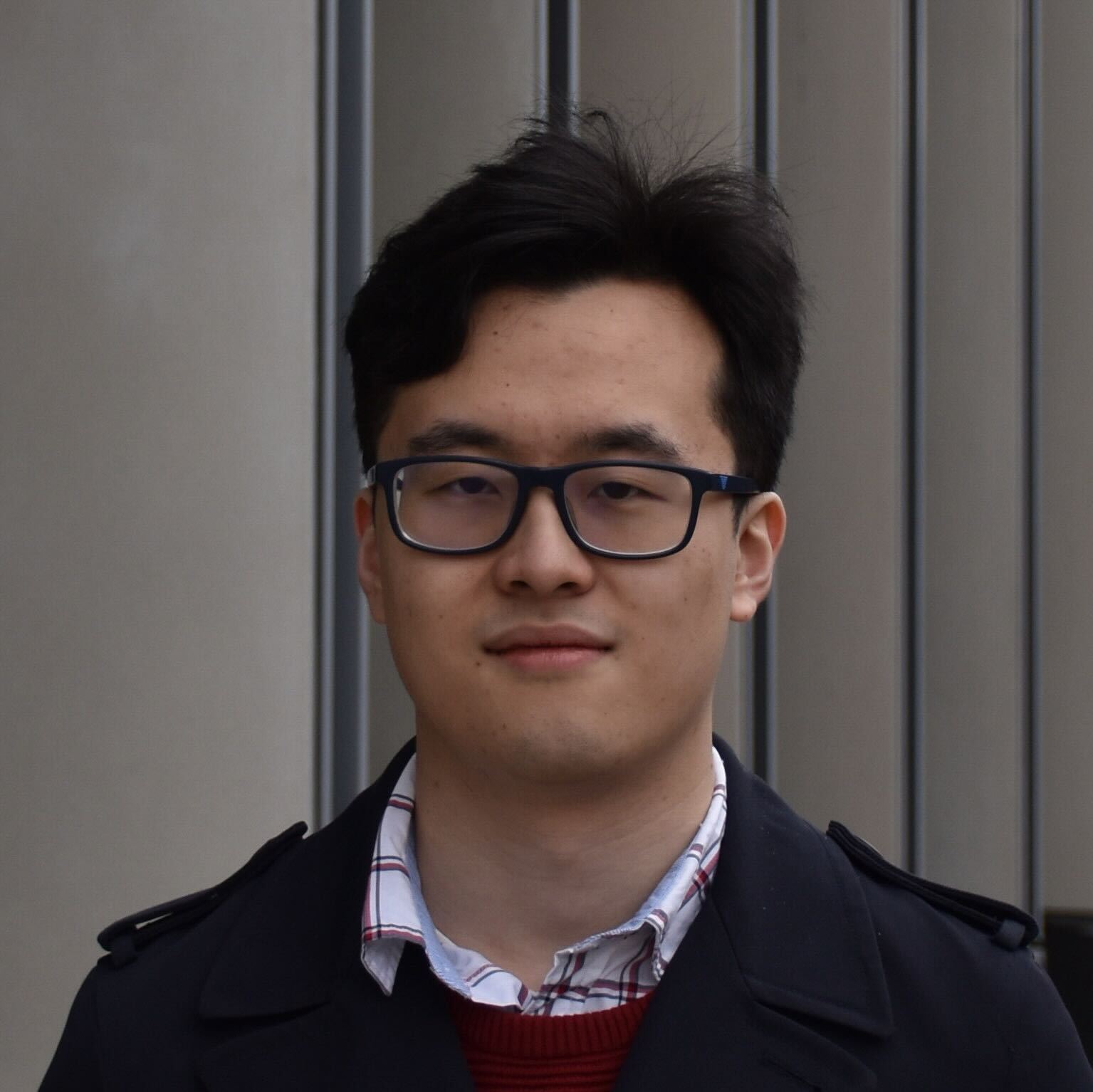Citadel Securities
47 opportunities
Australia
1001-5,000 employees

Sean Gong
Trader
University of Sydney, Bachelor of Science (Mathematics & Economics)
How did your university studies influence your move into Trading?
University teaches you everything up to the frontier of human knowledge – trading is one of the most exciting places where a math student can push that frontier even further. After 4 years of tackling elusive problems and testing my limits at uni, I cannot imagine a more fulfilling pursuit than solving the eighth Millenium Problem: the financial markets!
What does your typical day look like as a Trader on our Options desk?
Upon arriving at the office, I enjoy a warm breakfast in our kitchen overlooking Sydney Harbor. Before the market opens, I plan out the day, catch up on overnight events and touch base with my team. I then spend time working on projects and preparing before the market opens, spending most of the day doing what I love, trading.
What do you love most about your role and working at Citadel Securities?
The lean culture of the firm, our strong belief in Meritocracy, and the immense global resources and expertise of Citadel Securities, offer me the intellectual autonomy and support of world-class colleagues I need to make a genuine impact in the company, markets, and beyond.
Advice for university students wanting to pursue a trading career?
Be unapologetically authentic. As tempting as it is to conform to the stereotypes of a “trader” you make the greatest impact by finding or creating something that no one else in the world can do, except you.

Daniel Khoo
Site Reliability Engineer
Bachelor of Software Engineering (Honours) & Commerce (Finance)
at Monash University
What attracted you to apply to Citadel Securities?
I was initially drawn to an engineer position at Citadel Securities because I thought it was cool to be able to apply my skills in software engineering in the world of finance. During my internship and after I took a full-time position at Citadel Securities, I developed a passion for solving problems that can make a real difference in what we do through the endless learning opportunities here.
How was the training in your internship program structured?
My internship started with three fun weeks of learning about finance, understanding game theories through poker games, networking with other interns and colleagues from Citadel Securities during offsite activities such as watching the Australian Open final games and climbing the Sydney Harbour Bridge. The rest of the time, I worked on meaningful projects, and got to learn directly from experienced engineers. The internship is wrapped up with final presentations and reflections on our work and growth during the program.
What is your role at Citadel Securities? Can you explain what a Site Reliability Engineer does?
As a new Site Reliability Engineer, I am diving deep into our trading system, figuring out how everything connects and why it matters. My job is to keep our trading information accurate and to make sure the system operates smoothly while continuously thinking about ways to optimize speed and efficiency, which are key to staying ahead in this competitive market.
What skills are important as a Site Reliability Engineer?
In this role, being flexible and quick to learn is essential. The job is super-fast-paced, so being able to prioritise tasks in real-time is necessary. According to my own experience, I also think taking initiatives, taking full responsibility of my work, and effective communication help deliver impressive results. Spotting problems and fixing them quickly is also crucial. Lastly, owning up to mistakes and learning from them is important for continuous personal growth.
What piece of advice do you have for prospective interns/graduates?
Keep an open mind and be eager to learn from every experience. Find what you are passionate about and dive deep into that area. Your journey here is what you make of it with all the opportunities to grow and excel.

Arthur Wang
Software Engineer
UNSW Bachelor of Engineering (Honours)
What attracted you to apply to Citadel Securities?
Citadel Securities’ fast paced and challenging work environment created and supported by an incredibly talented team gave me the perfect place to grow as a Software Engineer. I love that there is a strong talent-focused culture which values continued learning and nurtures growth. Having a close-knit collaborative team was attractive to me because I could see the caliber of the people that I would be working with and learn from, which does not exist everywhere. We do not just work closely together, the work environment is fast paced with a very quick feedback system that allows me to reflect, adjust and learn constantly. Finally, the work itself is intellectually challenging, interesting, and most importantly solves real world problems. This makes my role extremely rewarding as there is a greater sense of achievement when you solve a problem that has a direct and immediate impact on our business.
Tell us about your internship experience and what you loved most?
Citadel Securities’ global internship starts from Sydney each year and offers an extremely helpful introduction to trading and finance, which was especially useful for people like me who did not came from a finance background and knew nothing about derivatives trading. During the program, we were given projects that were designed to help interns to understand what the job entails. What I liked the most is building solutions for real problems that the Citadel Securities team was working on. The program also included many social events, which were not only the perfect breaks from work, but also opportunities to network and get to know the other interns and many members of the firm better.
What I valued the most from the internship is the opportunity to run my ideas by different people at Citadel Securities, get feedback on my methods and how to improve, refine my solutions, and keep learning along the process.
How has your role expanded since joining as a Graduate Software Engineer?
After joining as a Graduate Software Engineer, I was able to dive deeper into some of the core C++ infrastructure used by the trading systems. While the original intern project was more focused on just one or two aspects of the trading platform, now the work I do involves looking at many different parts of it and in relation to multiple markets. The impact of my work has also expanded as different projects may involve working directly with different stakeholders ranging from traders and engineers to compliance and business control etc.
What makes Trading appealing for a Software Engineer?
Many trading strategies, especially automated ones, have very high requirements and standards of performance and reliability. The work required to ensure the software and system optimization requires deep expertise in computer engineering to fully utilize the potential of the hardware. The problems encountered in trading can also be challenging and interesting software engineering problems, such as data processing and analytics that can help our teams and systems to become more efficient.
